
Ravel’s “Le Tombeau de Couperin” and what it teaches us about war
One of the things I find most wonderful about poems is that they enable me, and sometimes force me, to confront views other than my own. In what follows, I make a case for Ravel and his challenging approach to war. I am not sure I agree with Ravel at all, but I can recognize that he has something to tell me. In the letter which follows, I think I honor what he has to say, even if I do not fully believe all I have written in explication of his view.

Walt Whitman, “Song of Myself”
This is a change of pace from my usual offerings.
This spring I sort of bit the bullet and decided to talk on “Song of Myself,” Whitman’s longest and most monumental poem. As I say, and as I deeply believe, it is the greatest poem ever written in America.
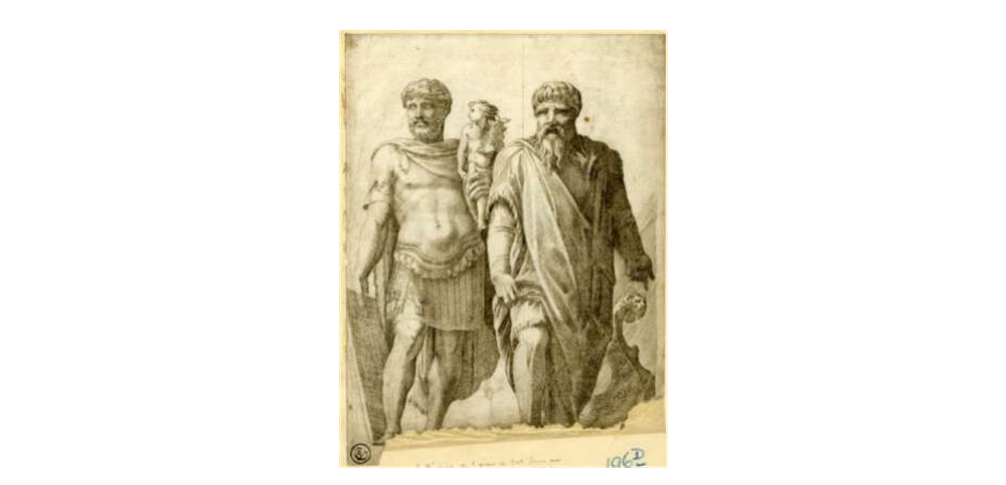
Simonides, An Inscription
I was reading an anthology of ancient Greek poetry when I came across this poem by Simonides, a poet of 556-468 B.C. It is, I think, remarkable both for its economy and its haunting lyricism. The poem is an epitaph ‘on certain men who were ship-wrecked,’ as an early twentieth century classicist put it.
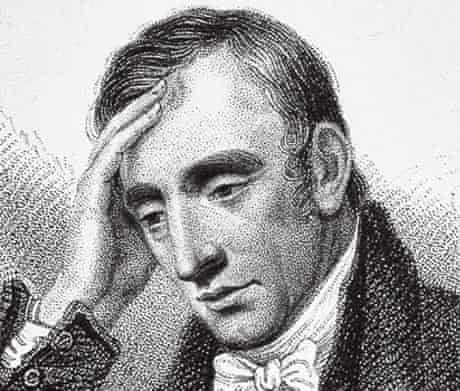
Wordsworth’s Prelude, Book One
William Wordsworth is the greatest English language poet of the past 250 years. I once disliked Wordsworth intensely, passionately. My route toward and into his poetry was circuitous.
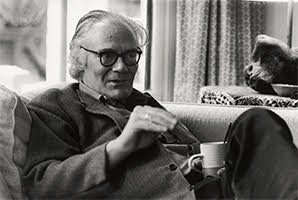
Robert Lowell, “Epilogue”
When I was in graduate school the ‘great’ poet of the day was Robert Lowell. Others who wrote in his era, most notably Elizabeth Bishop, are now, seen through the light of history, greater poets. Others at the time, and I think of Theodore Roethke and Allen Ginsberg, spoke to me more deeply. Yet as years and years have passed, I have revisited Lowell again and again.

Poetry, and what is going on in Ukraine
War is raging in Ukraine. Although Auden famously wrote, “For poetry makes nothing happen,” he knew that it did important things, that it spoke to our ears and minds and what was in our hearts. That poem, “In Memory of William Butler Yeats,” tells us two other things. The stanza which contains the line I just quoted ends in this fashion:
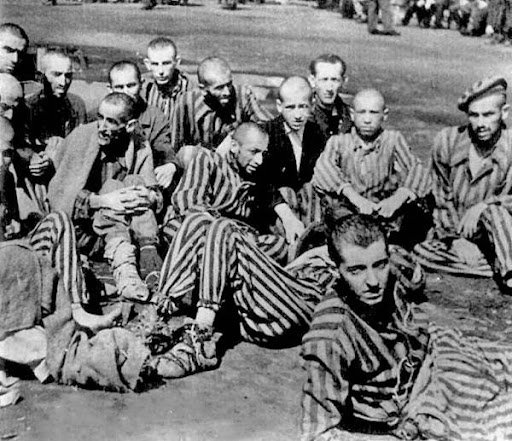
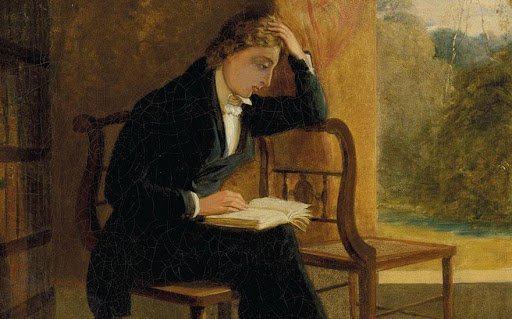
John Keats - “To Autumn”
I began this letter in the earlier days of fall, since Keats seemed to me to capture the season so wonderfully; I continued to write it as this year’s marvelous fall stretched out and out and out, so that now, in mid-November, yellow leaves are still on the trees in Vermont, and the grass is bright green, and the skies are a blue that is a lighter shade of lapis lazuli.

Ishmael Reed – “dragon’s blood”
One of my favorite poems is “dragon’s blood,” by Ishmael Reed. It appeared in his 1972 book, Conjure.
Short, it satisfies one of the great advantages of poems: It is eminently portable. I memorized it without trying, and have carried it around in my head for fifty years, like an old briefcase that reminds me of the past and yet contains rememberable things.
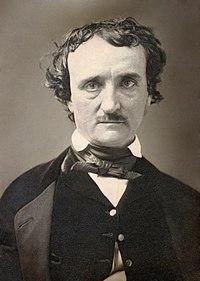
Edgar Allan Poe, “Sonnet—To Science” and “To Helen”
Something about Poe the poet makes me greatly uncomfortable. I came to understand, as I wrote this, what discomforts me in his closeness to the transcendent, to what he called ‘Beauty.’ He leaps right into it, as if his being could just leap into the empyrean.
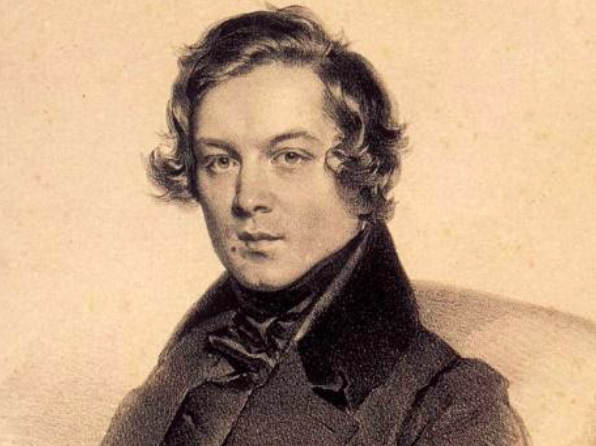
Friedrich Rückert and Robert Schumann, “Widmung“
The poem is by the German poet Friedrich Rückert. He was not one of the very greatest German poets – Goethe, Hölderlin, Rilke, Celan – but he was a powerful lyric poet. Known best in his lifetime as a professor of, and translator of, literature in other languages – reputedly, he knew thirty languages! – he wrote lyric poems that seem remarkably adaptable to music.

Theodore Roethke, “My Papa’s Waltz,” “I Knew a Woman,” “They Sing, They Sing”
Theodore Roethke is a major American poet who has been unjustly forgotten. His poems explore childhood, love, and our stance toward the universe in which we find ourselves.
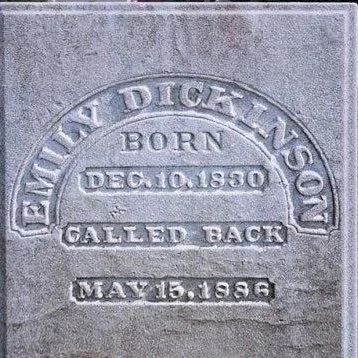
Emily Dickinson, “The last Night that She lived” For Carol Cosman, 1943-2020
Reading poems can teach us to see the world as carefully as they can be seen. Emily Dickinson is masterful at such seeing. Even as we face death.
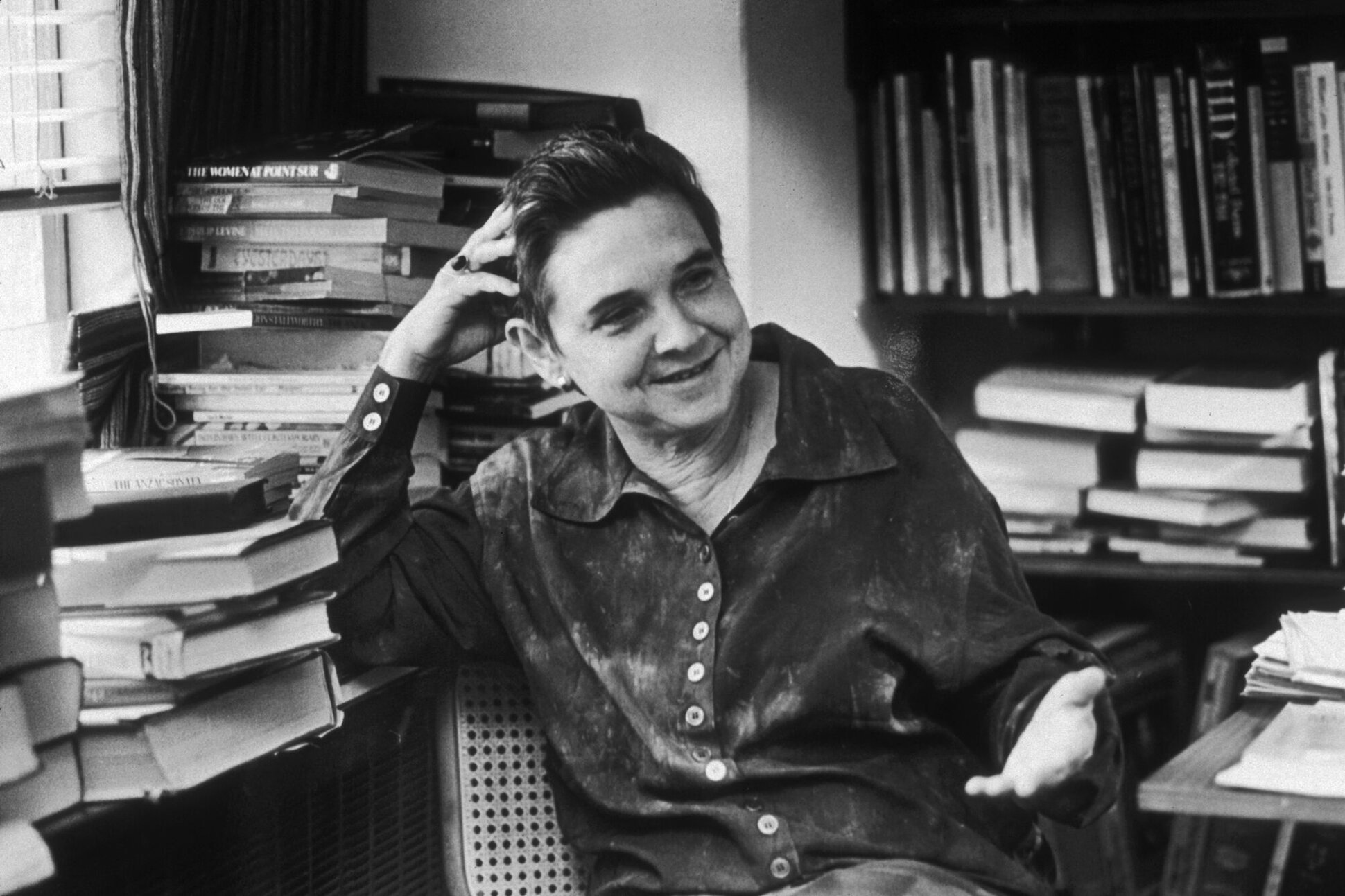
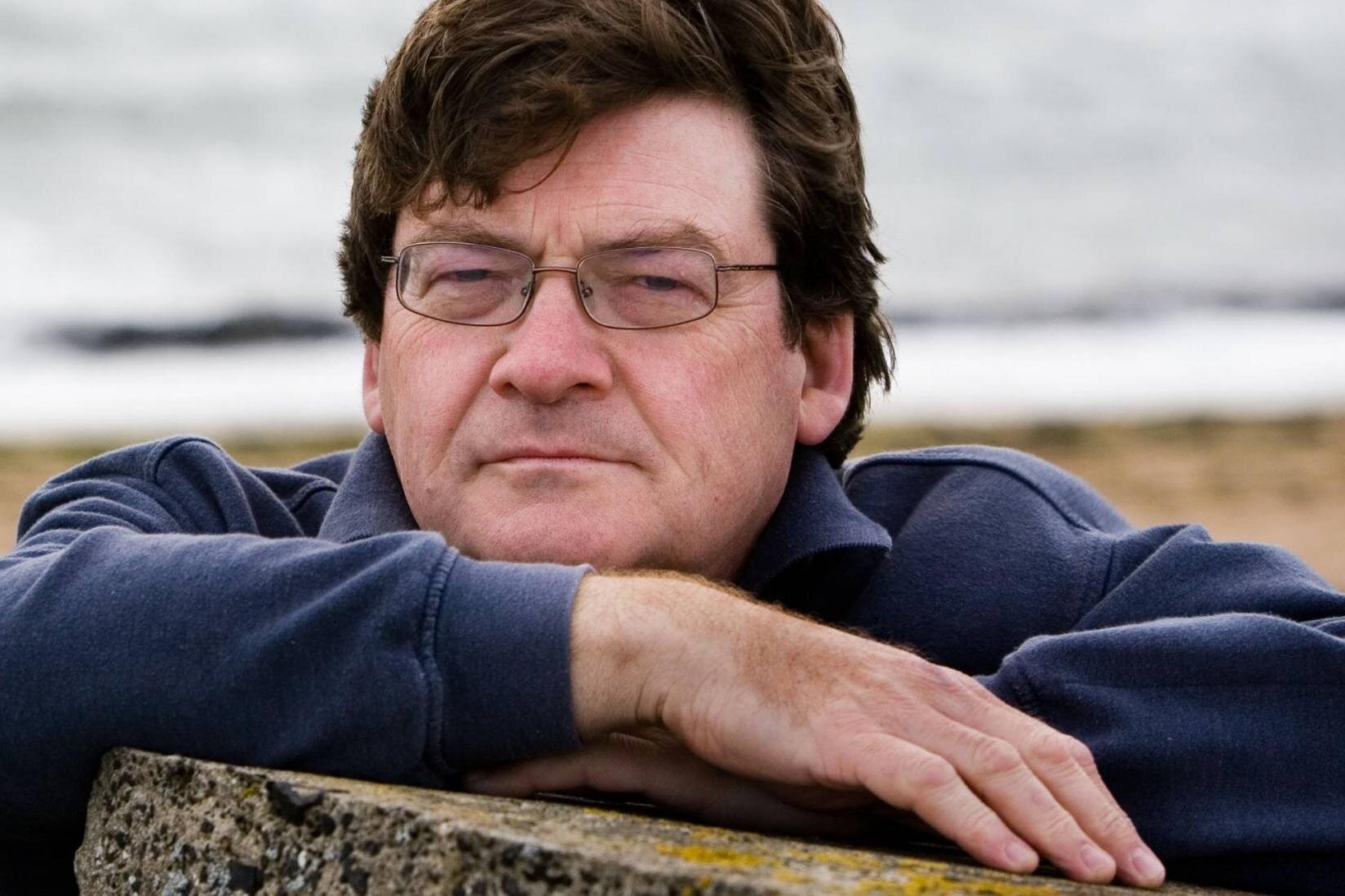

Sylvia Plath, “Tulips”
When I first started teaching, I taught Sylvia Plath’s poems every year. She was then, and is now, one of the great American poets.
